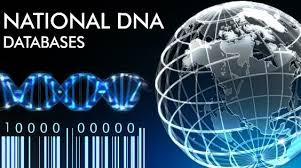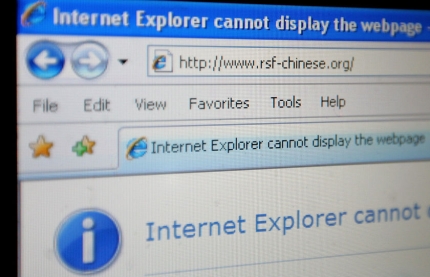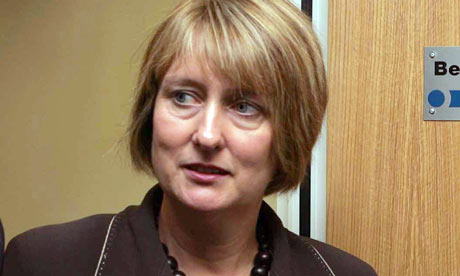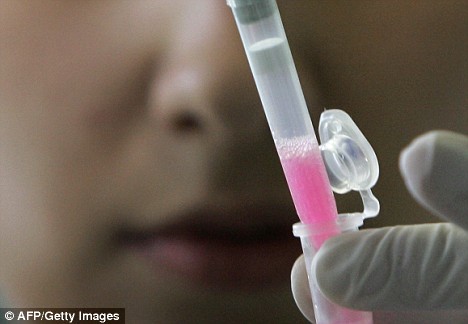“There has been a tide of government actions which have put expediency over justice time and time again. The British people wear their liberty like an old comfy suit, they are careless about it, but the mood is changing. Last year 80 per cent of people were in favour of ID cards, now 80 per cent are against. There’s a point of reflection that we are reaching, the communications database which is planned to collect every private text and phone call and petrol station receipt will create uproar.” – David Davis
Writers, pop stars, lawyers and politicians from across the party spectrum yesterday issued a call to arms. They joined the largest ever campaign across Britain to warn of the erosion of freedoms and the emergence of surveillance techniques
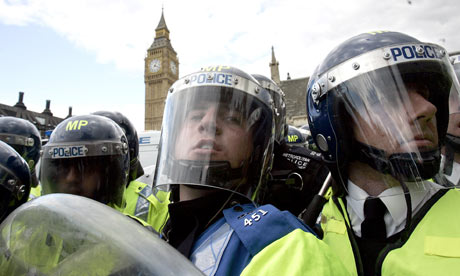
A police cordon outside the Houses of Parliament in 2006. Liberty campaigners warn of a growing police state. Photograph: Adam Butler/AP
The government and the courts are collaborating in slicing away freedoms and pushing Britain to the brink of becoming a “database” police state, a series of sold-out conferences in eight British cities heard yesterday.
In a day of speeches and discussions, academics, politicians, lawyers, writers, journalists and pop stars joined civil liberty campaigners yesterday to issue a call to arms for Britons to defend their democratic rights.
More than 1,500 people, paying £35 a ticket, attended the Convention on Modern Liberty in Bloomsbury, central London, which was linked by video to parallel events in Glasgow, Birmingham, Belfast, Bristol, Manchester, Cardiff and Cambridge. They heard from more than 80 speakers, including author Philip Pullman; musicians Brian Eno and Feargal Sharkey; journalists Fatima Bhutto, Andrew Gilligan, Nick Cohen and Guardian editor-in-chief Alan Rusbridger; politicians Lord Bingham and Dominic Grieve; a former director of public prosecutions, Ken Macdonald; and human rights lawyer Helena Kennedy.
In her speech Kennedy said she felt that fear was being used as a weapon to break down civil liberties. “There is a general feeling that in creating a climate of fear people have been writing a blank cheque to government. People feel the fear of terrorism is being used to take away a lot of rights.”
Read moreLiberty groups unite to defend UK rights
